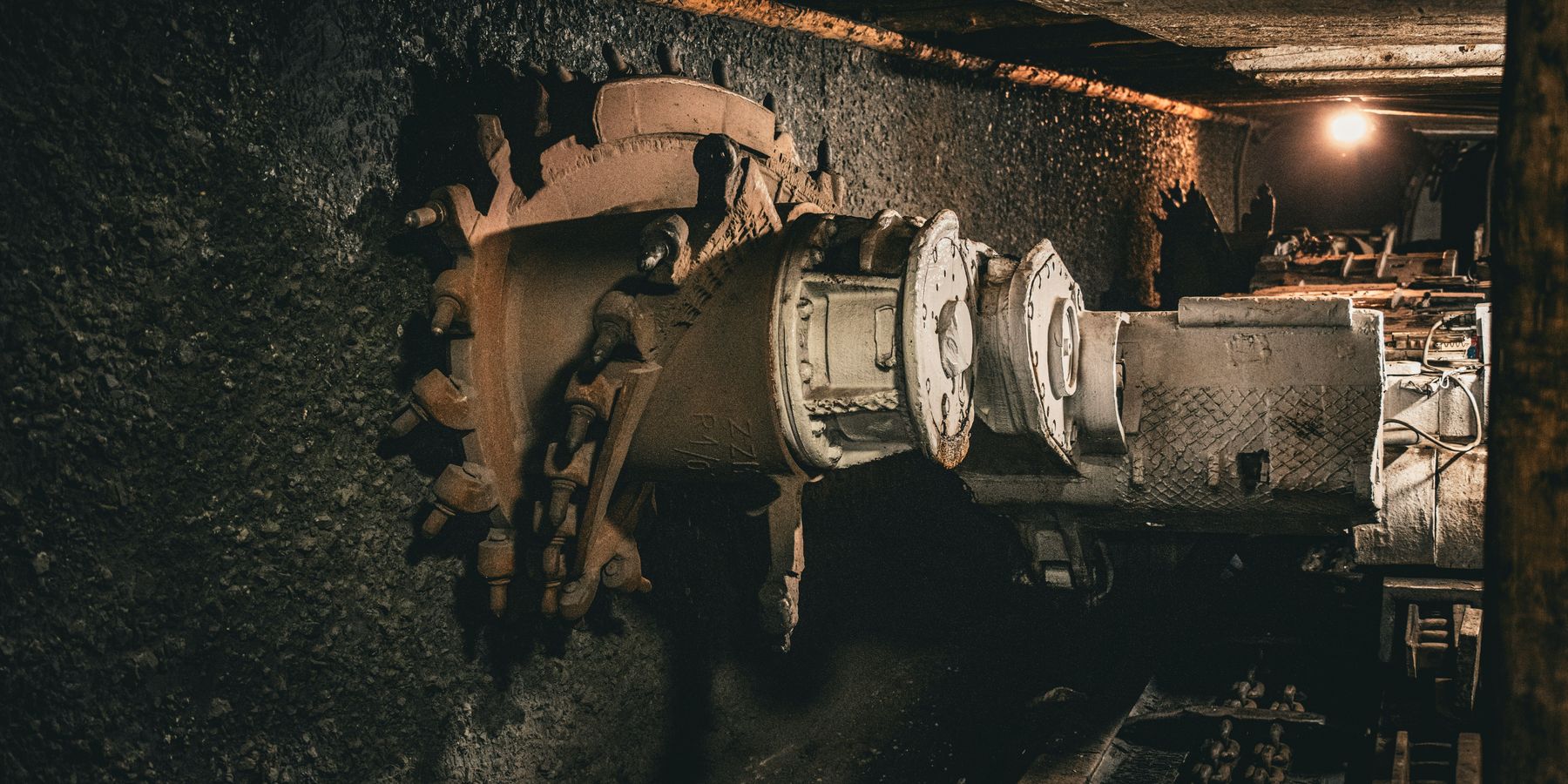
Coal mine dispute in UK sparks investor-state legal battle over climate ruling
Investors in a canceled coal mine in northern England have launched an international arbitration case against the UK government, challenging a court’s decision that blocked the project over its projected carbon emissions.
Katie Surma reports for Inside Climate News.
In short:
- West Cumbria Mining’s backers filed their claim under a 1975 U.K.-Singapore treaty, using investor-state dispute settlement (ISDS) rules to bypass British courts.
- The UK’s High Court revoked the mine’s permit in 2024, finding officials failed to account for climate impacts that could equal Spain’s annual emissions.
- Legal experts warn that ISDS cases can lead to “regulatory chill,” discouraging governments from enacting climate measures due to the risk of multimillion-dollar payouts.
Key quote:
“Unless we have government action to move against the ISDS system, climate policies will be completely unaffordable because governments will be forced to factor in huge amounts of compensation paid into fossil fuel companies.”
— Tom Wills, director of Trade Justice Movement
Why this matters:
Investor-state dispute settlement gives foreign corporations the power to sue governments over laws or policies that may hurt their profits, even when those measures are meant to protect the environment or public health. These cases can result in massive payouts funded by taxpayers and often occur behind closed doors, limiting public oversight. The threat of such claims can deter governments from adopting stronger climate regulations, slowing progress on emissions reductions at a time when science calls for rapid action. With fossil fuel projects facing growing legal resistance, the ISDS system has become a critical — and controversial — arena in the fight over how far and fast nations can move toward cleaner energy.
Learn more: Britain races to overhaul power grid for the clean energy era













